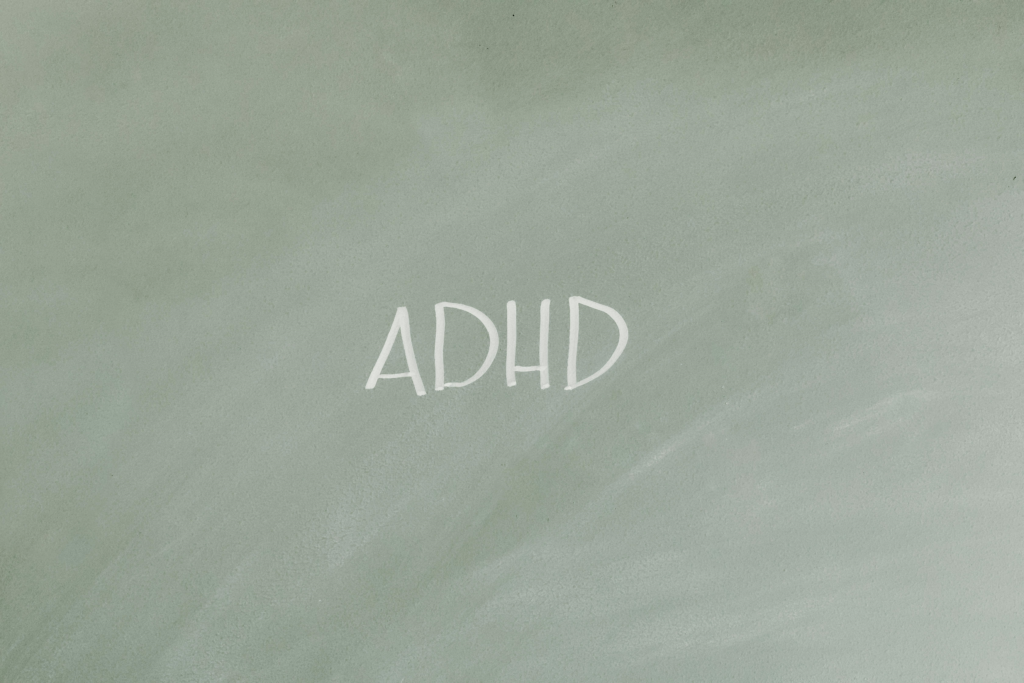Attention Deficit Hyperactivity Disorder (ADHD) is a neurodevelopmental disorder characterised by persistent patterns of inattention, impulsivity, and hyperactivity that can significantly impact daily functioning.
The exact causes of ADHD are unclear; however, researchers do know that it involves the interplay of multiple genetic and environmental factors that are thought to lead to altered brain neurochemistry and structure.
Until recently, ADHD was perceived as a childhood condition with little or no impact later in life. In reality, ADHD can be a debilitating neurodevelopmental disorder that often persists into adulthood in a significant number of patients.
The prevalence data that is available for the UK suggests a significant rise in adults presenting with the condition in recent years, particularly since the COVID-19 pandemic. However, there is also evidence to suggest that this upward trend of presentation in adulthood predates the pandemic. Estimates place the prevalence of ADHD in children in the UK between 2 and 5%. The prevalence of ADHD in adults in the UK is estimated to be between 3% and 4%.
The lifelong challenges of ADHD
Early identification, diagnosis and effective management of ADHD are critical to removing some of the challenges faced by people with the disorder. Treatment delays can have a human and financial cost, imposing a burden on health and social care systems.
Children and young people with ADHD can experience long-term negative outcomes that persist into adulthood, including low academic attainment, antisocial behaviour, involvement in the criminal justice system, low self-esteem, poor physical health, poor occupational outcomes, an increased risk of accidents and impaired social functioning.
Adults with ADHD can also demonstrate lower life expectancy, difficulty with parenting, including inconsistency with discipline and lack of supportiveness with respect to children’s emotions and a higher prevalence of drug and alcohol misuse.
Service gaps and long waiting times in Northern Ireland
Despite this, concerns persist regarding inconsistencies in ADHD service provision across UK regions. Often characterised as a ‘postcode lottery’, access to diagnosis and treatment varies significantly depending on where a patient lives.
Furthermore, despite the existence of guidelines by the National Institute for Health and Care Excellence (NICE) to guide effective treatment pathways for ADHD across the UK, their implementation remains uneven. For example, in Northern Ireland, individuals in the Belfast Health and Social Care Trust may face wait times of up to eight years for an adult ADHD assessment, while children encounter waits of up to five years.[1] Although these figures are at the extreme end of reported waiting times, available data suggests that the majority of children and adults in NI are waiting unduly long times for a diagnostic assessment. Waiting times across the UK reflect this trend. The escalating problem of ADHD waiting times has been exacerbated by a lack of specific targets for these waiting times and the absence of routinely collected national data.
In Northern Ireland, there are no commissioned services for adult ADHD and, as with child ADHD services, any provision that is available has grown organically in response to growing need. The Southern, Belfast and South Eastern Health and Social Care Trusts suggest that their services struggle to comply with NICE guidelines.
These findings underscore the need to improve ADHD care. Integrating a national target for starting diagnostic assessments within three months into NICE guidelines and developing data collection systems to monitor compliance with targets has been proposed as a starting point. However, mental health professionals, patients and families emphasise that genuine progress hinges on increased funding and a fundamental shift in approach to ADHD service delivery for both adults and children.
Progress and challenges in ADHD service development
Recent initiatives in Scotland and Wales signify this shift in approach, departing from solely relying on traditional Child and Adolescent Mental Health Services (CAMHS) and Community Mental Health Teams (CMHTS) to the development of neurodevelopmental assessment pathways. Evidence suggests that neurodevelopmental pathways are likely to make better use of resources, significantly reduce assessment costs and improve the experiences of patients and families engaged in the diagnostic process.
NHS England’s decision to establish a taskforce to review ADHD services also signals a recognition of the need for a comprehensive, integrated response.
The Republic of Ireland has made significant progress in developing a model for adult ADHD care that aligns with NICE guidelines. However, challenges remain, particularly regarding full implementation and funding constraints.
In correspondence with the Assembly Research and Information Service, the then Minister for Health, Robin Swann MLA, indicated that his ‘officials are keeping the situation regarding the commissioning of ADHD services under review, recognising that the demand for ADHD diagnosis and treatment across the life span has risen in recent years’. Minster Swann further indicated that ‘in line with the usual process for the commissioning of services, any decision to commission ADHD services in the future will be based on an assessment of the level of demand for services, and in the context of future budget availability and ministerial priorities’.[2]
_______________
[1] Email correspondence between RaISe and the Department of Health received on 13.3.24
[2] Email correspondence between RaISe and the Department of Health received on 13.3.24

